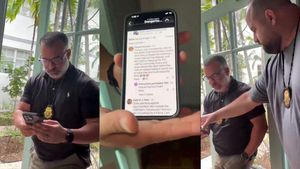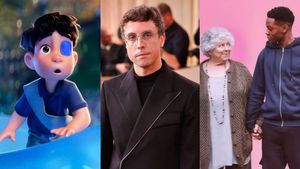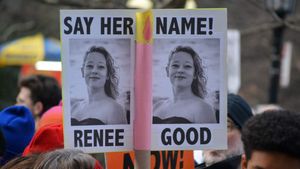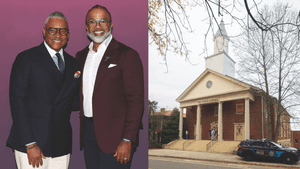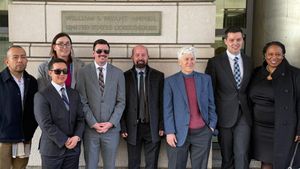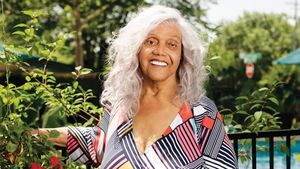Face masks, gloves, quarantines, stigma, and panic. The recently released HBO Max miniseries It’s a Sin, from British TV mastermind Russell T. Davies (Queer as Folk, Years and Years), features the hallmarks of life in the early 2020s. But the exquisite new series takes place 40 years ago, as HIV disrupts a group of young Londoners and death haunts the pubs, flats, and dance clubs that once offered them freedom and community.
“We stopped shooting It’s a Sin on the last day of January [2020] and [the United Kingdom] went into lockdown on March 23,” Davies tells Plus. The bizarre timing is “fascinating and annoying and enlightening and exasperating,” he says. “At my age, 57, to hear people talk about the first great virus of their lives is really annoying when there’s clearly been another. Amazingly, people are happy to talk about the Spanish flu of 1918. What about HIV? It’s amazing how it gets written out of the picture because the world’s history is written by straight people.”
Even without the COVID association, Davies’s critically acclaimed series would resonate with audiences because of its truthful writing, spot-on casting, and pitch-perfect acting (not to mention sets that pop with color and a soundtrack that makes the ’80s feel like yesterday). The timing does add another dimension to the five-episode series, though. While watching Sin’s characters — consisting mainly of queer men and their female friends and relatives — react to news of a fatal disease mostly afflicting gays, it’s hard not to see the denial and panic in our own reaction to COVID. It’s also deflating to see how much of the initial fear and stigma about HIV remains four decades on, even after medications rendered the virus a manageable condition instead of a death sentence.
“Some people don’t know the difference between a virus and a bacteria and a germ,” Davies says. “Some ask if a man with HIV sneezes in the same room as you, can you get sick? Still vexes people. I can ask friends of mine, gay friends, and you can see the doubt and hesitancy in their minds. Yes, you’re completely fine! We’ve seen the ignorance lead to QAnon, leads to your capitol being invaded. At least, [the ignorance] was easier to fight in the ’80s once we got our heads around what was happening. It’s insane now.”
While information on HIV and COVID is at most people’s fingertips thanks to the internet, some people still choose ignorance. Forty, even 35 years ago, information on HIV was so scant, most people had to hunt it down. One memorable scene on It’s a Sin involves one character begging a friend to pick up newspapers about AIDS when they go to New York for a business trip, since there was nearly no HIV information in Britain at the time.
 Image by Ben Blackall HBO Max
Image by Ben Blackall HBO Max
The characters of It’s a Sin, many of them newly out and liberated from their conservative hometowns and now in cosmopolitan London, struggle with the threat of HIV and the limits it places on their newfound happiness. Some deny the threat, some mock it, others accept it. Their pain and confusion are palpable, as is the injustice of these young people being forced to face their mortality decades before they should have to. Then, when the deaths arrive, viewers of 2021 will be jolted into experiencing what people of Davies’s generation endured.
“I do know people who would not agree there was a collective trauma [with AIDS],” Davies says. “I envy their happy lives. Friends of mine regularly disappeared; vanished. They went home, and with no mobile phones and internet, they’d literally walk out of your life. Some of them I still presume are dead to this day and I’m not quite sure. And that looks so alien and strange [to people today].”
Re-creating urban gay life in the 1980s and early ’90s also means making room for the joy and levity that AIDS could not eradicate. The show is as much a testament to friendship, chosen family, growing up, finding your place, and the hedonistic joys of urban life as it is about the scourge of a pandemic.
“When I watch something as furious as The Normal Heart — which is brilliant, polemic, a masterpiece — in a strange way it releases me to not be quite so angry,” Davies says. “I have seen very furious and very sad pieces, so it’s time for me to look elsewhere, and actually it’s being fair to the memory because I want to remember the boys who died. My task was to remember those boys we lost, and I don’t remember them in tears, I remember the joys and the laughter. Those chorus boys from the West End, those funny friends you’d be clutching your sides with laughter with.”
Tackling both queer life and HIV is a new endeavor for Davies, who pointedly didn’t include storylines about the disease in Queer as Folk, his history-making U.K. gay series from the late ’90s (later adapted into the hit U.S.-set Showtime drama). When writing QAF in 1998, Davies felt boxed in by HIV, feeling it was exclusively associated with LGBTQ+ characters, who were not allowed to be seen outside the context of the virus.
“[LGBTQ+ people at the time] had no independent life, we had no freedom, we were simply a story of sickness and disease,” Davies recalls. “All that stigma and fear still followed us; even when that narrative was kind it was related to death and disease. I absolutely decided that was not my life, that I had so much more to say and be on the earth as a gay man.”
At a press conference before QAF premiered, furious journalists railed on Davies for excluding HIV.
“You wouldn’t sit at a straight press launch and say, ‘I want to see the man putting on a condom,’” Davies says. “You wouldn’t say at a straight drama, ‘You have to have cancer because disease needs to be represented.’ So I came out swinging at that [criticism] and I’m still swinging.”
Twenty years later, with the world so changed, Davies wanted to revisit the days of his youth and honor the innumerable friends and lovers he lost; he also centers the story of women who cared for the sick and dying men. The character of Jill, brilliantly portrayed by Lydia West, is really the hero of the series, serving as a three-dimensional voice of sense, sacrifice, and compassion.
“In reaction to It’s a Sin, people say, ‘It’s a lost generation.’ I say it’s not a lost generation,” Davies says. “There’s an awful lot of us left because a lot of people did such good work so fast and word spread so quickly about safe sex. And maybe people got scared, but they acted, and maybe it did stop the death of a generation. It’s not true; it’s neglecting the good work that people did and do.”
Writing It’s a Sin was truly a “catharsis,” Davies says. “There’s a need to write these things down and remind the new generation this has happened.”
After Davies so faithfully re-created the worst days of AIDS, it’s easy to imagine him putting his own narrative spin on our current harrowing times — and to look forward to the beautiful art that will inevitably be made from all this pain.

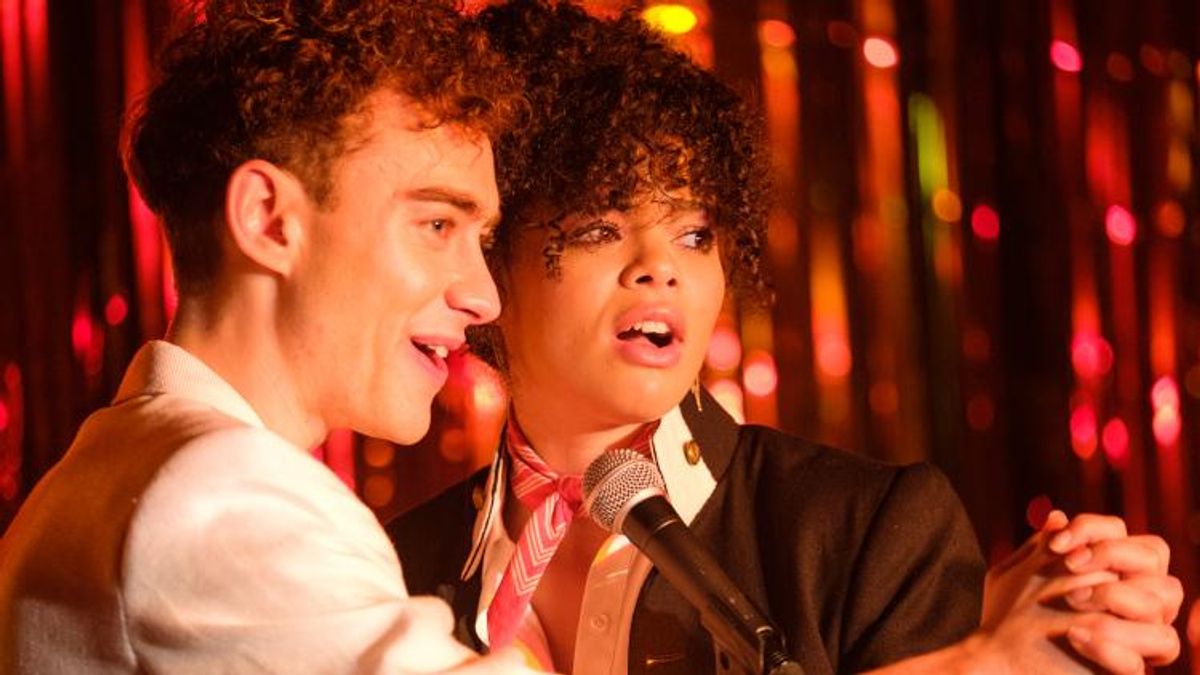
 Image by Ben Blackall HBO Max
Image by Ben Blackall HBO Max

































